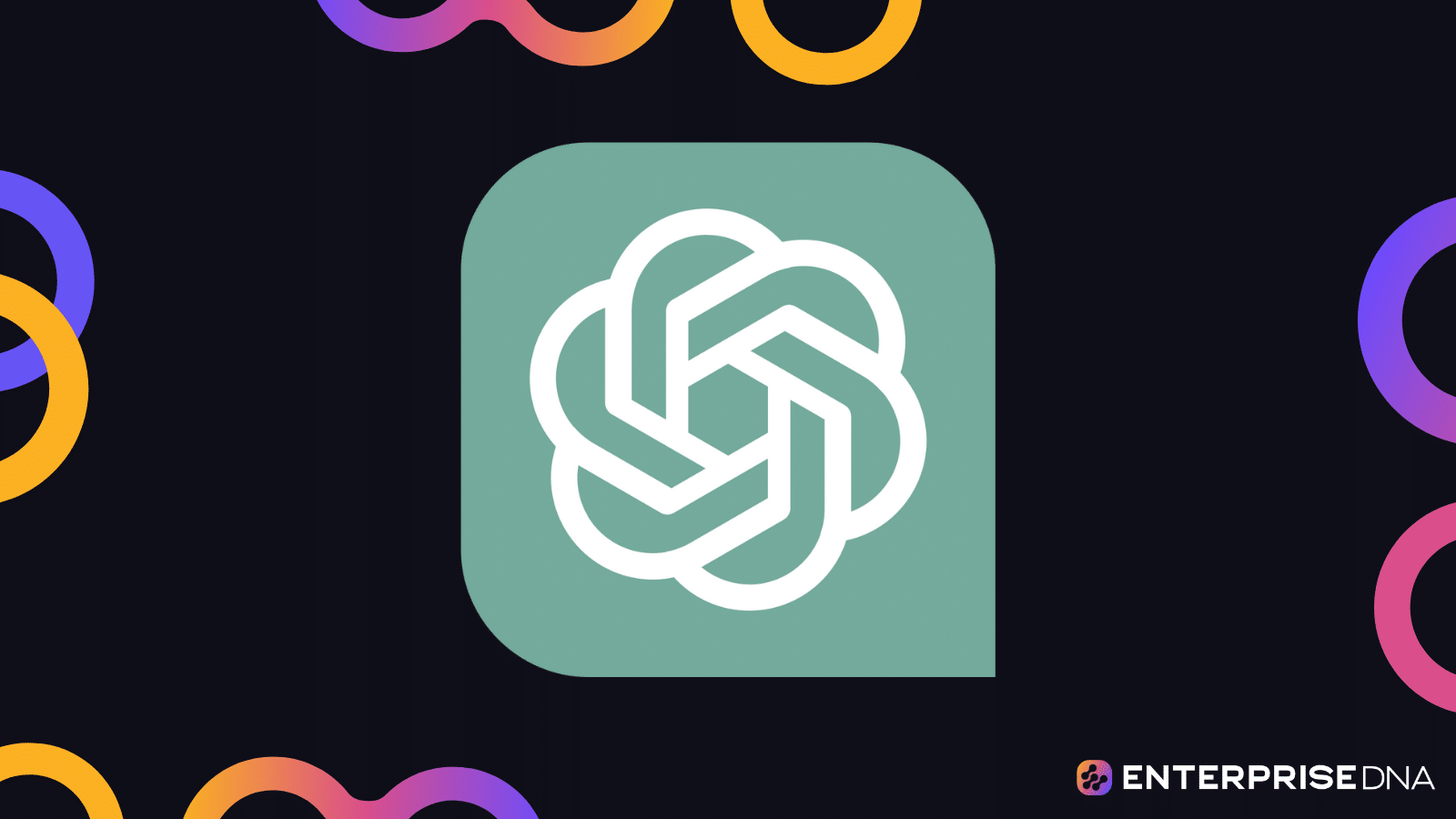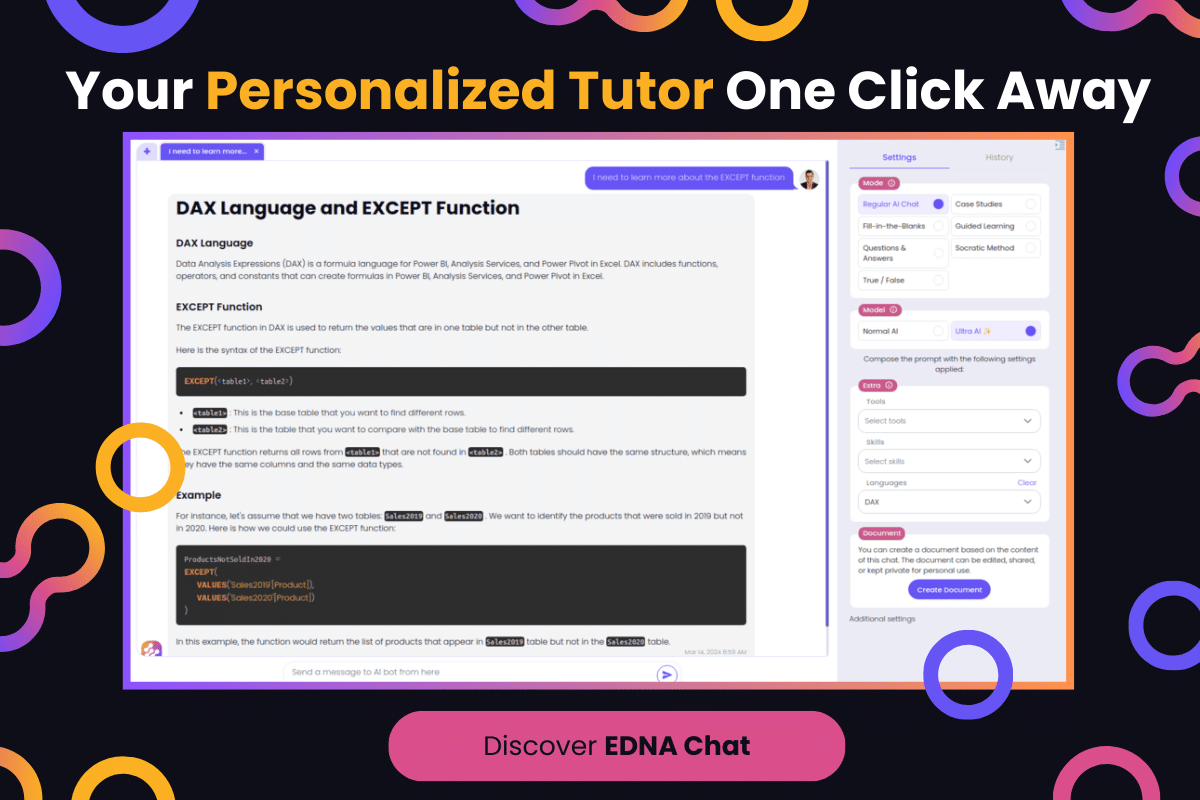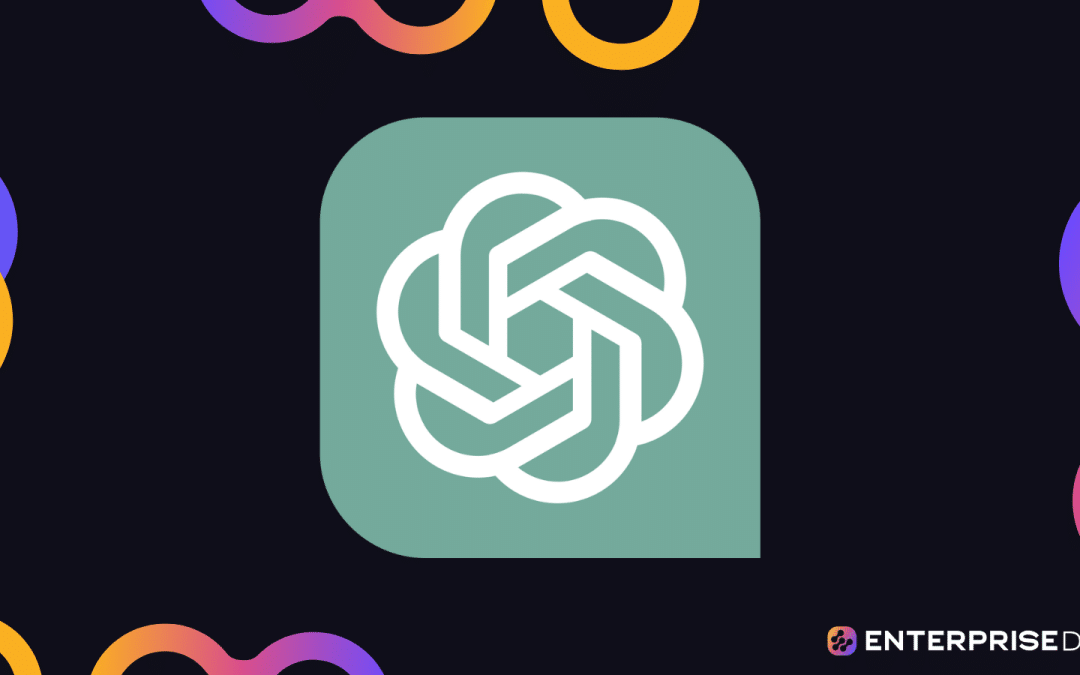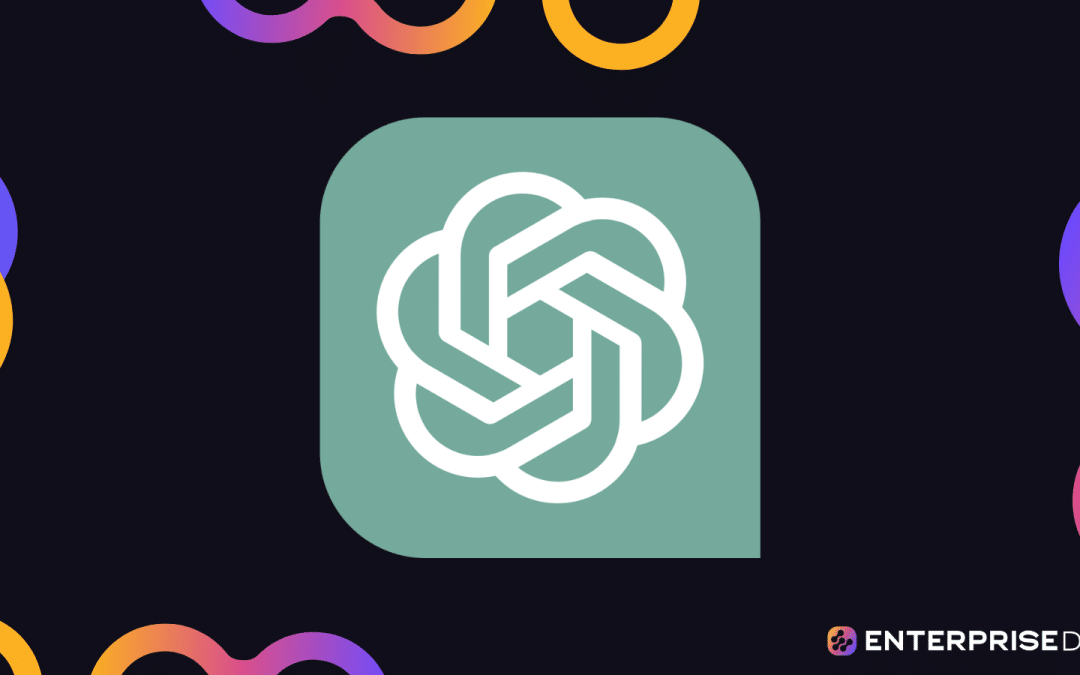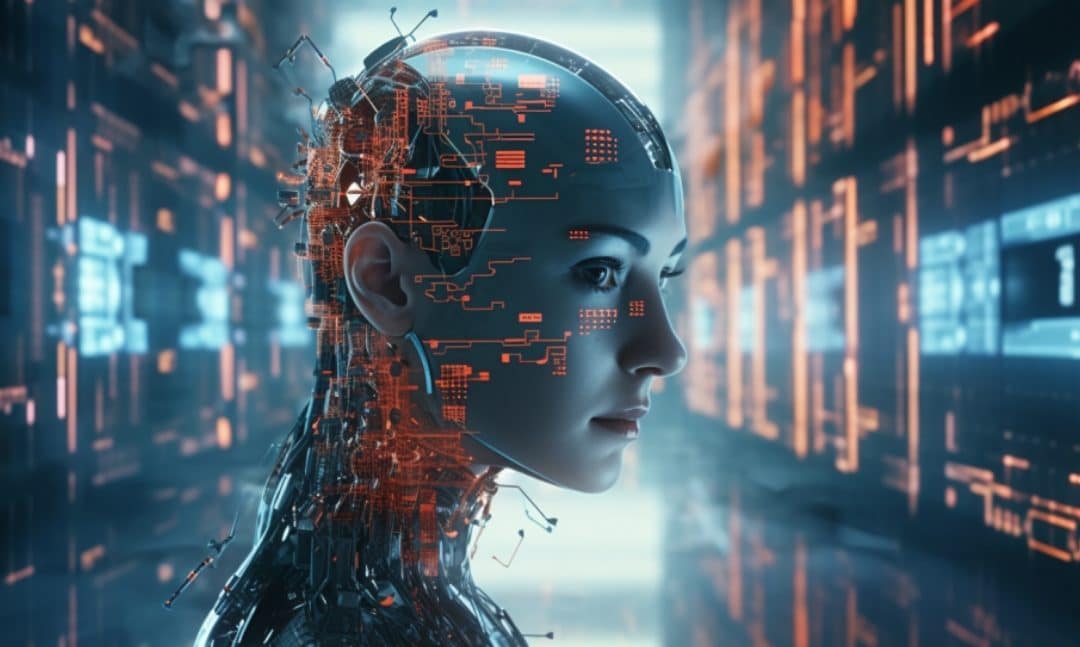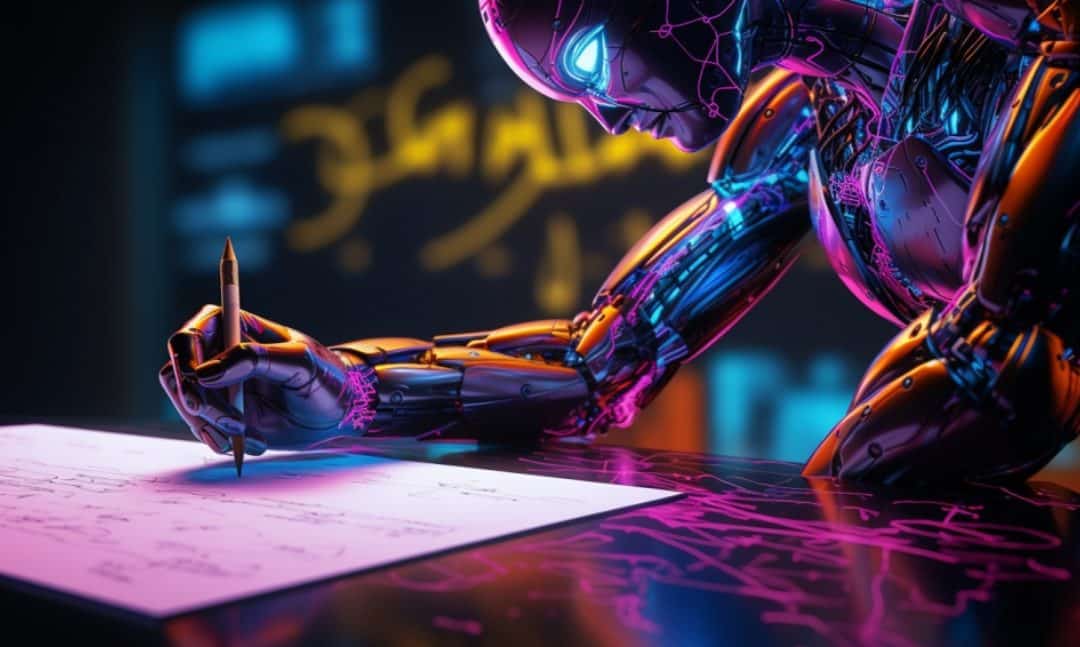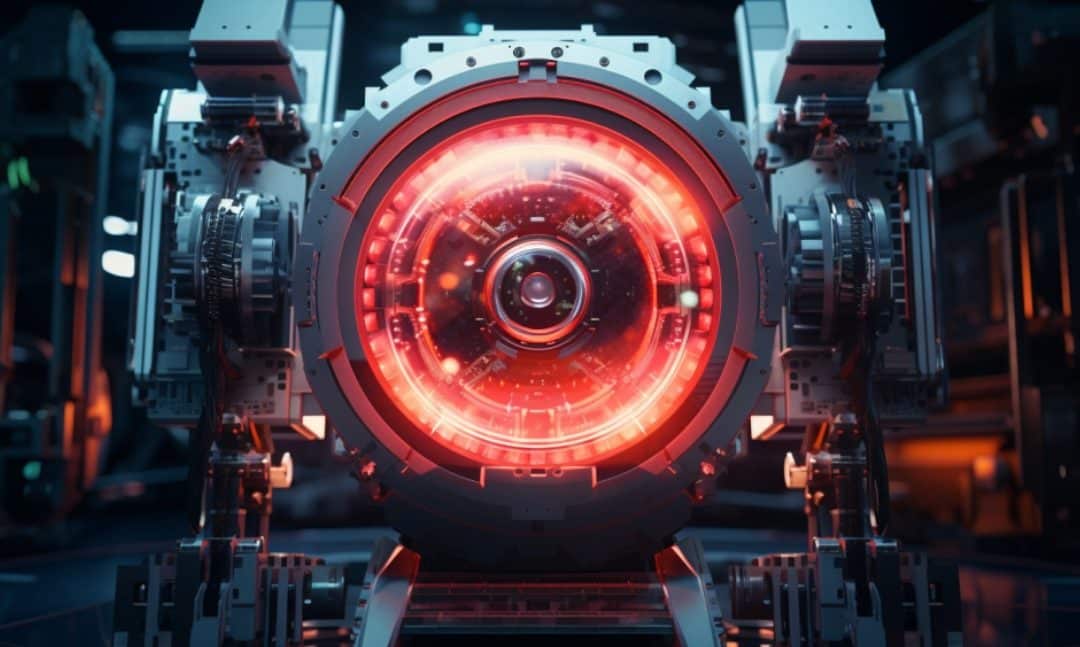The Fourth Industrial Revolution is upon us, and artificial intelligence (AI) is at the center of it all. Amongst the bevy of AI models developed over the years, OpenAI’s ChatGPT stands out due to its wide range of uses. But as this AI model gains momentum, it’s also worrying software professionals across various fields — will ChatGPT eventually replace programmers?
While AI models like ChatGPT can aid in programming tasks by auto-completing code, suggesting optimizations, or even debugging simple errors, they are far from replacing human programmers. Programming is a deeply creative and complex process, requiring abstract thinking, intricate problem-solving, an understanding of user needs, and a flair for innovative solutions.
These elements are currently beyond the scope of AI… for now!
In this article, we’re going to focus on one group: programmers. Will ChatGPT replace coders? Let’s delve deeper into this question to find the answers. Stick around till the end to also discover the professions most at risk from the AI revolution!
Will ChatGPT Replace Programmers?
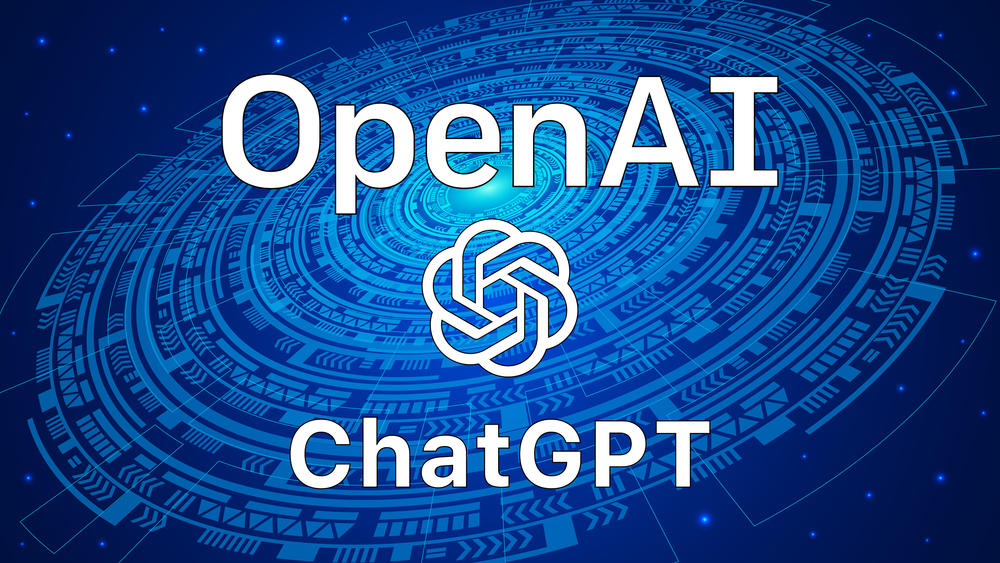
A recent paper published by OpenAI researchers revealed a shocking statistic: 80 percent of the U.S. workforce could have at least 10% of their tasks affected by ChatGPT and large language models. They also found that almost 20 percent of workers will see at least half or 50 percent of their tasks affected.
Programmers can breath a sigh of relief because while the profession is going to be impacted, it didn’t make the list of professions that are 100 percent exposed. According to the paper, those professions are:
- Mathematicians
- Writers and authors
- Tax preparers
- Accountants
- Web designers
- Legal secretaries
Programmers are spared because while ChatGPT can generate code and write programs, the process lacks the comprehensive understanding, creativity, and problem-solving capacity that humans possess.
ChatGPT operates based on patterns in the data it was trained on; it doesn’t “understand” the code it writes in the way human programmers do. It can’t understand project requirements, make architectural decisions, or solve unique and complex problems creatively.
Additionally, while AI can automate repetitive tasks, the art of programming involves a lot more than just writing code. It requires high-level decision-making, strategic planning, and personal interaction — elements that can’t be automated.
Software development is a highly creative field that requires understanding users’ needs, iterating on feedback, and sometimes abandoning the initial plan and starting afresh, all of which fall outside the realm of AI’s capabilities, including ChatGPT.
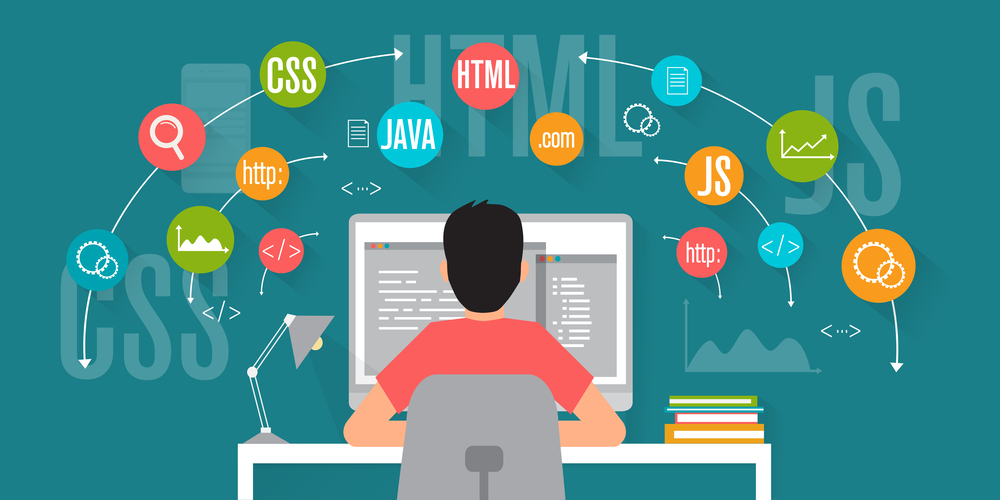
So, will ChatGPT replace programmers? As of now, the answer seems to be a resounding “no.” ChatGPT and similar AI tools can automate some tasks, but they can’t replace the nuanced understanding, creativity, and problem-solving capacity inherent to humans.
Think of AI as an augmenting force, a tool that can help programmers and software developers to become even more efficient and effective in their roles. To learn more about how AI is transforming the workplace and data tech, check out our video below:
How ChatGPT and AI Can Help With Programming Tasks
ChatGPT has a wide range of practical applications, and it can assist you in various tasks. In the world of programming, large language models like GPT-4 can enhance your code-writing process across different programming languages, including Python, Java, and more.
For instance, if you work with Excel, ChatGPT may help you efficiently write custom functions or automate tasks using VBScript. It makes your work easier and more efficient without having to replace you as a programmer.
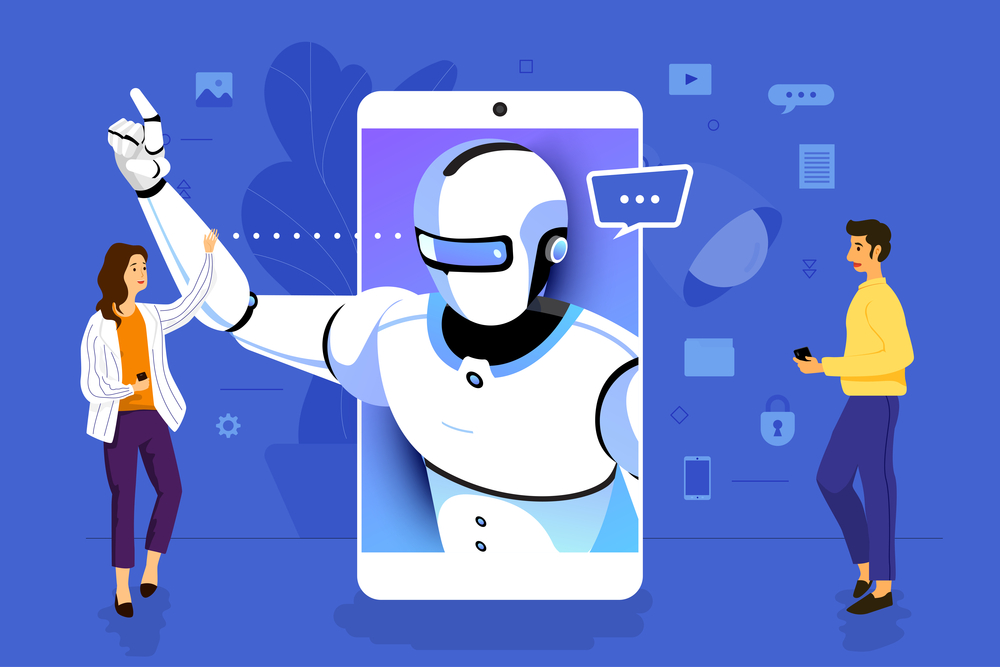
When it comes to chatbots, ChatGPT can aid you in developing smart, responsive conversational agents, capable of understanding human language better than ever before. This enables a more advanced interaction and dynamic experience with the users of your chatbot.
Although ChatGPT may not replace programmers completely, it can make code generation significantly more efficient across multiple programming languages. By providing meaningful code snippets and suggesting improvements to your existing code, ChatGPT becomes an invaluable tool in the development process for software engineers.
However, the same can’t be said for all professions. In the next section, we’ll go over the industries that are likely to suffer from job loss because of new technologies like ChatGPT.
8 Jobs That Are Likely to be Replaced by Generative AI
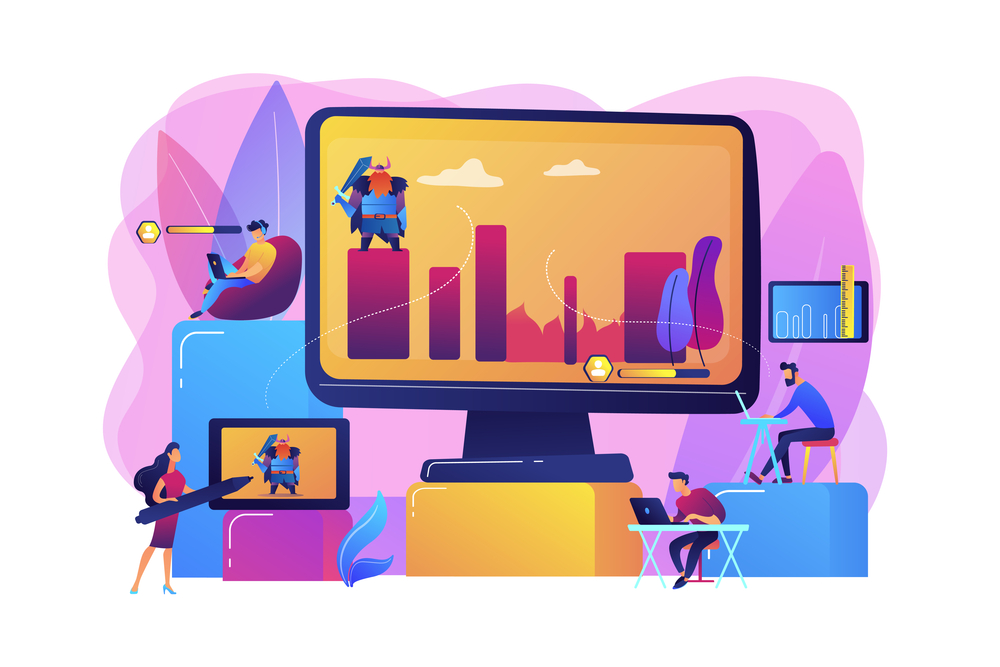
OpenAI’s ChatGPT has generated extensive discussions about the future of jobs across various sectors. While it’s clear that AI won’t entirely replace programmers anytime soon, there are certain roles more susceptible to automation and AI disruption.
In this section, we explore which jobs are most likely to be affected by generative AI technology. But don’t worry, the advance of AI isn’t all gloom and doom! In the following section, we’ll delve into how AI technology may actually create jobs.
1. Data Entry Clerks
Generative AI models are adept at handling repetitive, rule-based tasks. This makes roles such as data entry clerks, where the primary task involves inputting data into systems, highly susceptible to AI disruption.
We live in a data-driven world, a world where the currency of choice is no longer gold or silver, but information. As such, the traditional role of the data entry clerk is undergoing a dramatic metamorphosis.
Microsoft is at the forefront with the launch of Fabric, a unified AI platform that brings a range of data analysis tools under one umbrella. The tech industry giant has also announced plans to integrate its AI assistant Copilot into Power BI, ensuring the entrenchment of machine learning in data analysis.
2. Telemarketers and Customer Support Reps
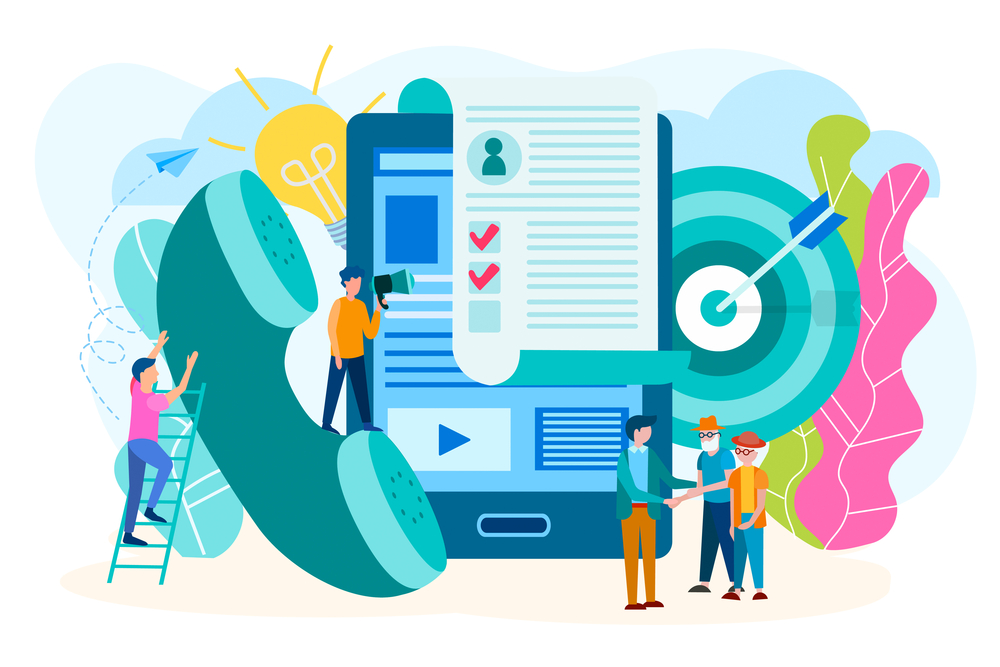
If you live in the U.S., then chances are you’ve been a victim of a robocall. With advancements in natural language processing and machine learning, AI-powered systems are now able to respond to customer queries, manage calls, and even predict customer behavior with astonishing accuracy.
ChatGPT, with its ability to understand and generate human-like text, can automate a portion of customer support functions, reducing the need for human telemarketers and customer support representatives.
Those jobs are going to be severely impacted as companies turn to AI for their customer service needs. Zendesk, for example, has partnered with OpenAI to add AI capabilities to its platform. All major help desk automation providers have followed suit and now include some form of generative AI.
3. Basic Content Creation
Content writers are another group who’ve been affected by artificial intelligence. With AI’s ability to generate text, jobs involving basic content creation like social media posts, simple news reports, or product descriptions are in danger of going extinct or at least endangered.
Copywriters and content writers have already started to complain about losing clients to ChatGPT, and in Hollywood, one of the key demands being made by striking film and TV writers is regulatory standards around the use of AI to ensure they receive fair compensation.
Even though currently available AI models lack critical thinking and human creativity, they can still produce cheap content that’s good enough for most businesses (and, apparently, Hollywood studios).
Their use in content generation is only going to become more common as large language models become more refined. In a few years, we may not be able to distinguish human and AI-generated content!
4. Bookkeeping
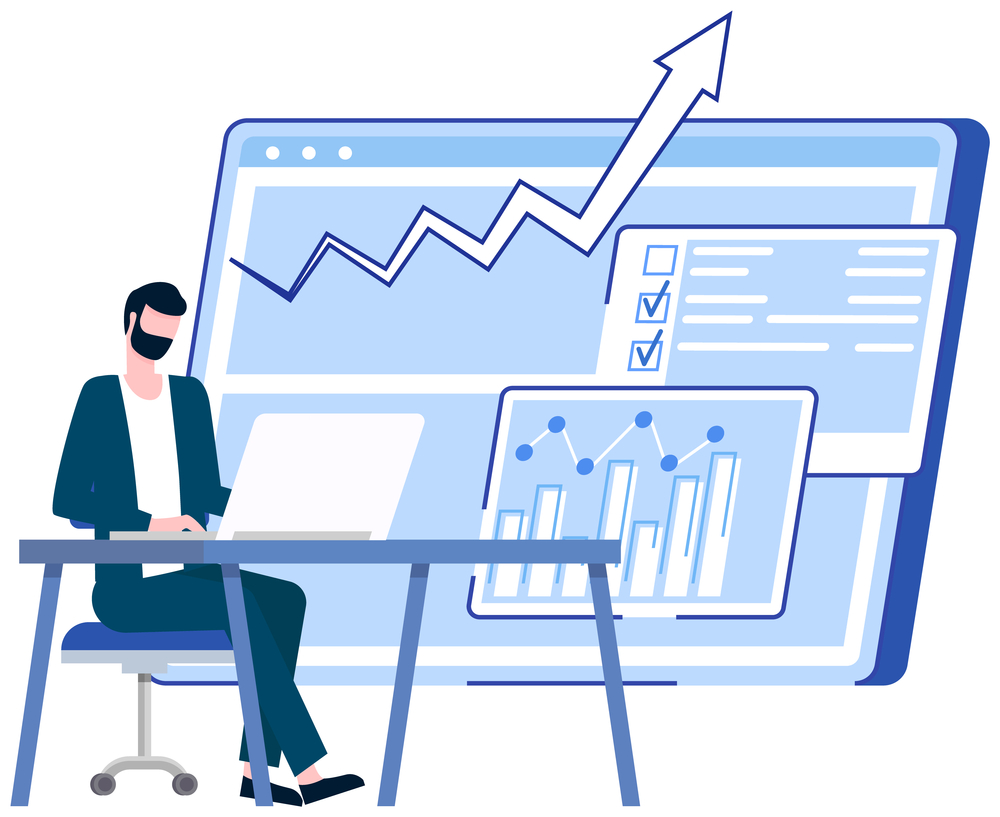
Artificial intelligence is fast becoming the cornerstone of numerous professions, and bookkeeping isn’t excluded from this ever-expanding list. For decades, the job of bookkeepers has been viewed as labor-intensive and tedious, meticulously poring over endless spreadsheets, deciphering the story each transaction tells.
But thanks to AI, gone are the days of manual data entry, human error, and time-consuming reconciliations. AI-based bookkeeping software can now automatically record, categorize, and reconcile transactions, turning hours of work into mere minutes and endangering traditional bookkeeping roles.
Companies that provide financial and accounting services are quickly embracing AI. Intuit, for instance, has teamed up with OpenAI to add generative AI to QuickBooks. AI can now be used to perform repetitive back-office work and improve cash flow forecasts, among other things.
Numerous start-ups have also emerged in the field. Zeni, for example, is a fintech start-up that managed to raise $13.5 million in series A funding. It’s offering an AI-powered “finance concierge” and CFO service for intelligent bookkeeping and accounting.
5. Transcription Services
Generative AI is becoming increasingly proficient at speech-to-text conversion. It’s particularly good at quickly processing large volumes of audio data, which reduces the need for human transcriptionists.
While transcription AI services may not yet be perfect due to a lack of contextual comprehension, they provide an excellent foundation for generating first drafts.
Some examples of AI transcription services that are thriving in this new age of AI include: Speak AI, Sonix, and Rev.com.
6. Proofreading
While the human eye’s nuance and understanding of context are hard to replace, AI is really good at simple proofreading tasks. Models like ChatGPT can spot grammatical errors, repeated words, and even syntax issues, and that’s going to affect proofreading jobs.
The popular AI typing assistant Grammarly has announced plans to launch a new service called GrammarlyGO that brings the capabilities of generative AI to its core service. It’s only a matter of time before the technology surpasses human eyes.
7. Retail Cashiers
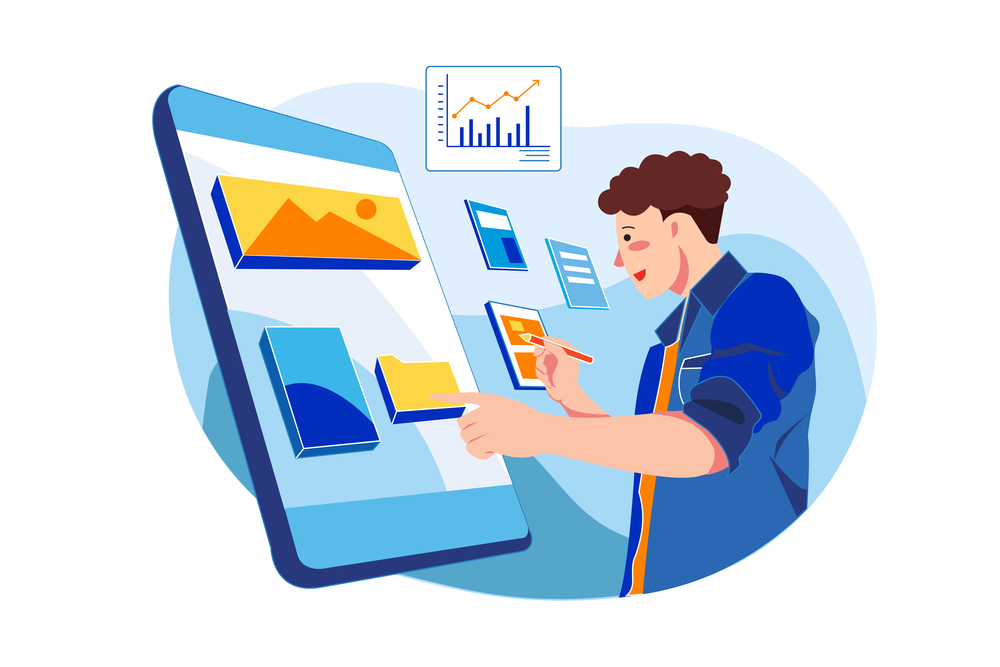
Automated check-out systems and AI-powered kiosks are increasingly being used in the retail industry, reducing the need for human cashiers. It’s a future that’s already here thanks to the huge investments retailers have made in robots and AI technologies.
Walgreens is reportedly using automation to fill prescriptions, Sam’s Club is using robots to clean its stores and scan inventory at select locations, and Amazon has announced Amazon Go, a grocery store with an AI workforce.
8. Travel Agents
As AI becomes more sophisticated in handling complex tasks, it can manage scheduling, booking, and itinerary planning, tasks traditionally done by travel agents. Chat GPT, for example, is great at generating travel ideas and coming up with an itinerary for various travel destinations.
It’s not a stretch to say human travel agents may become obsolete. In April 2023, Expedia announced the addition of ChatGPT to its mobile app, enabling its customers to have open-ended conversations with AI right from the app and get recommendations on where to go, places to stay, and what to see.
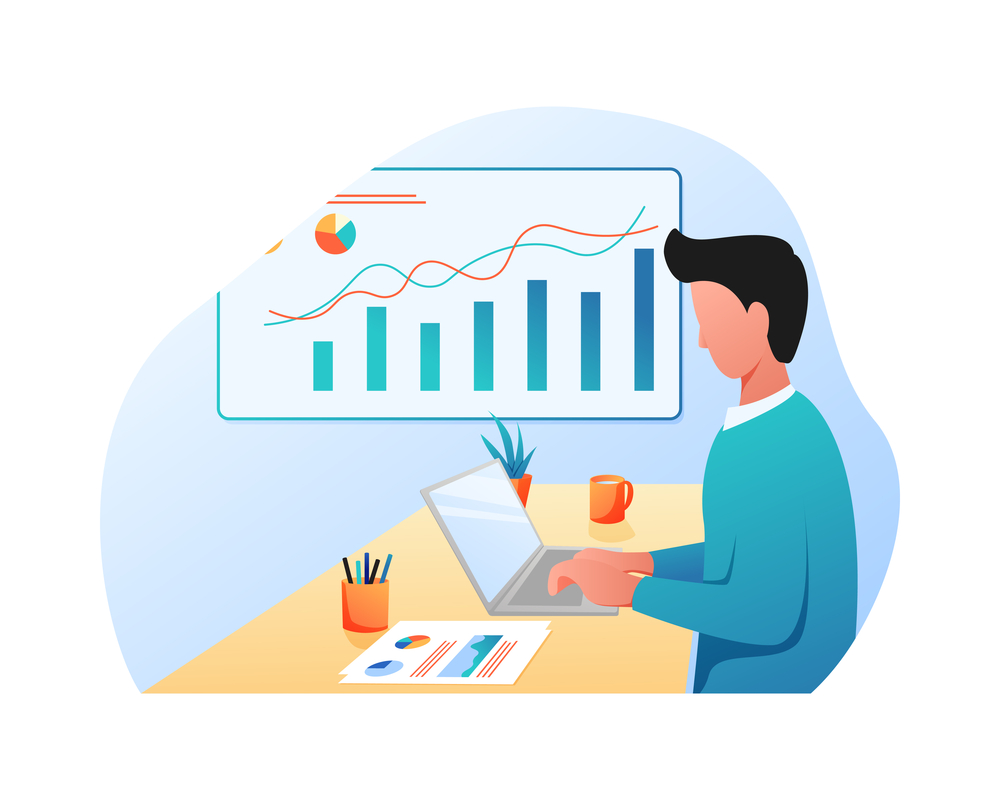
What Does ChatGPT Mean for the Future of Work?
While it’s clear that certain jobs, particularly those that involve routine, rule-based tasks, are more likely to be replaced by generative AI, this doesn’t necessarily spell disaster.
The evolution of technology has always led to shifts in the labor market, and AI is no different. With this technological shift, new roles and opportunities will emerge, particularly in fields such as AI ethics, data science, and AI maintenance.
According to the World Economic Forum, automation, and AI will result in a net increase of 58 million jobs, so the AI revolution will actually create new job opportunities. In many cases, rather than replacing us, these tools can help us excel in our roles, including in programming.
So, rather than fearing the rise of AI, let’s embrace it and learn how to harness its potential to our advantage!
Final Thoughts
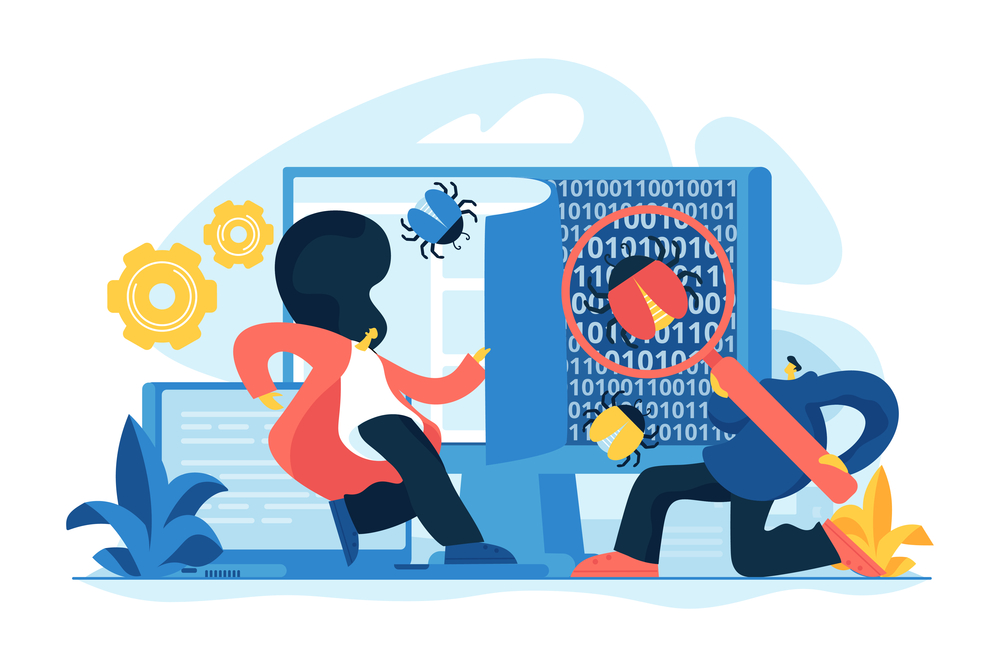
While AI, particularly models like ChatGPT, is making substantial strides in the programming realm, it’s not poised to replace human programmers entirely.
Instead, it promises a future of collaboration, where AI aids in mundane tasks and programmers focus on strategic, creative, and ethical dimensions of software development.
As we navigate this promising frontier, it’s clear that the dynamic interaction between AI and programming will continue to spark fascinating discussions and transformative innovations.
To learn more about how you could potentially benefit from the advent of AI in the workforce, check out our guide to prompt engineering.
Frequently Asked Questions
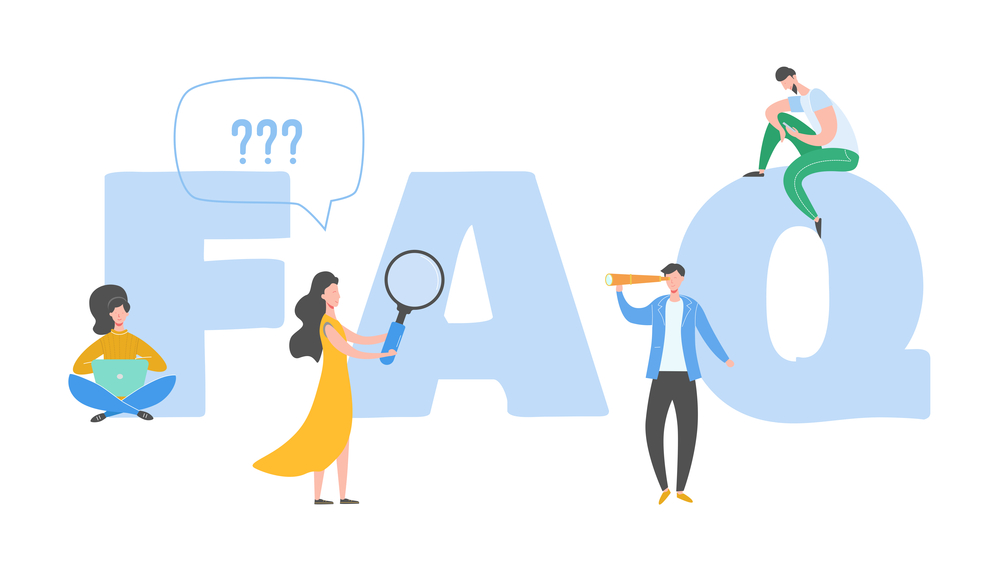
Which jobs can ChatGPT replace?
ChatGPT has the potential to automate or assist in various job roles in the tech industry, particularly those involving repetitive, structured language tasks, which could lead to job loss.
With the right prompt engineering, it can serve as a customer service representative, help in drafting and editing text as a content creator or proofreader, and function as a personal assistant.
Will ChatGPT replace developers?
It’s unlikely that AI like ChatGPT will completely replace developers in the near future. Frontend development involves tasks that extend beyond the capabilities of AI systems, such as designing user-friendly interfaces and handling complex problem-solving that require a deep understanding of the project at hand.
While AI like GitHub Copilot can assist in some basic coding tasks, the creativity and technical expertise required in front-end development make it difficult for AI to fully replace developers in this role.
Will ChatGPT take over web development?
Human developers don’t need to worry yet. While ChatGPT and similar AI models can generate basic HTML code or CSS and solve basic coding errors, they aren’t poised to take over web development in its entirety.
Web development is a complex process that requires a back-and-forth process of iterative design, testing, and user feedback, all of which are areas where AI and machine learning currently fall short.
Is ChatGPT a threat to software engineers?
While ChatGPT and similar large language model-trained tools can automate certain rudimentary tasks, they don’t pose a threat to the software engineer role, which requires human input.
Software engineering involves understanding user needs, system design, and code optimization, among other tasks that require human creativity and intuition.
›AI is a tool that can assist software engineers in performing their tasks more efficiently by automating boilerplate code generation or offering coding suggestions.

